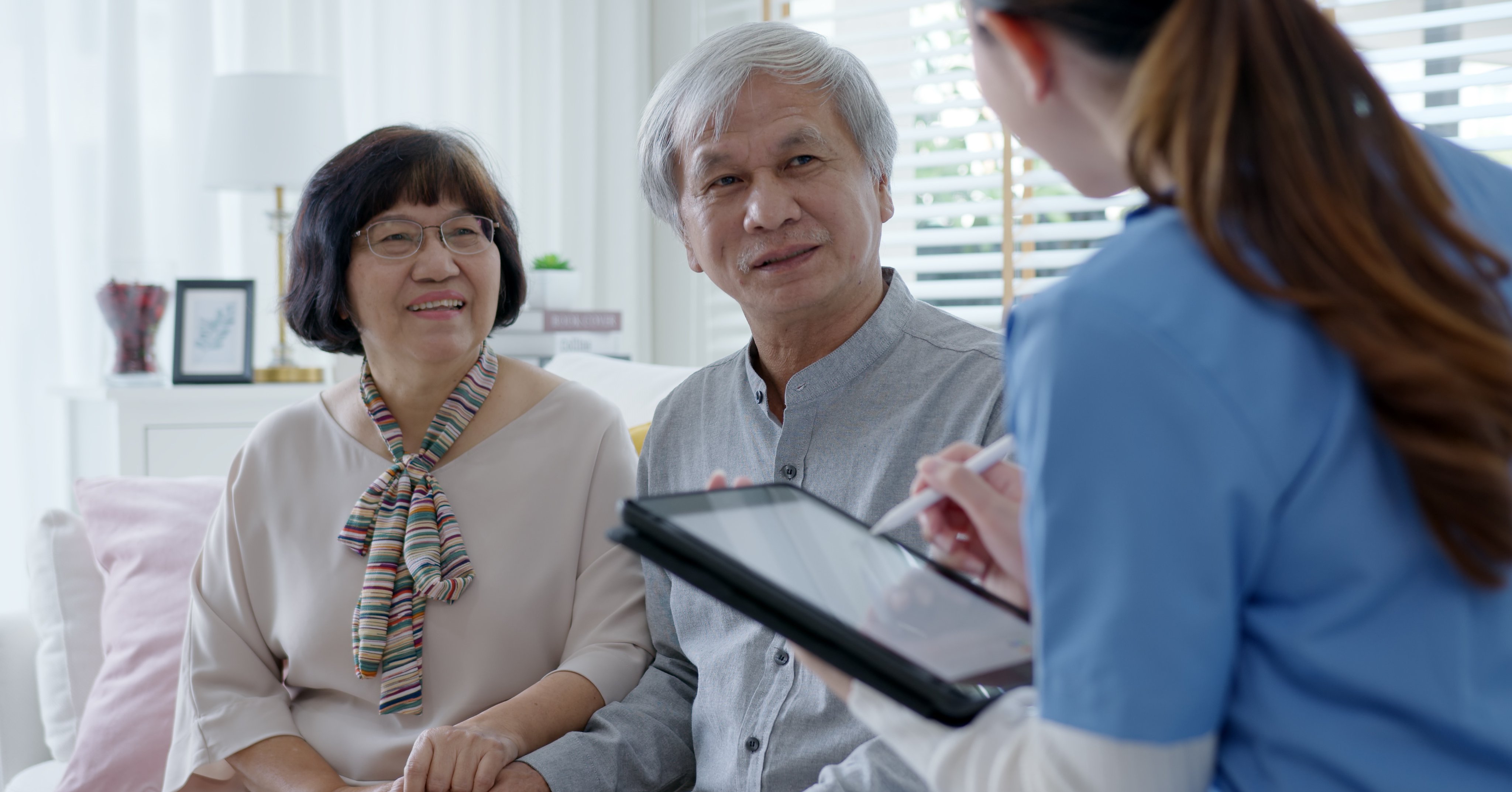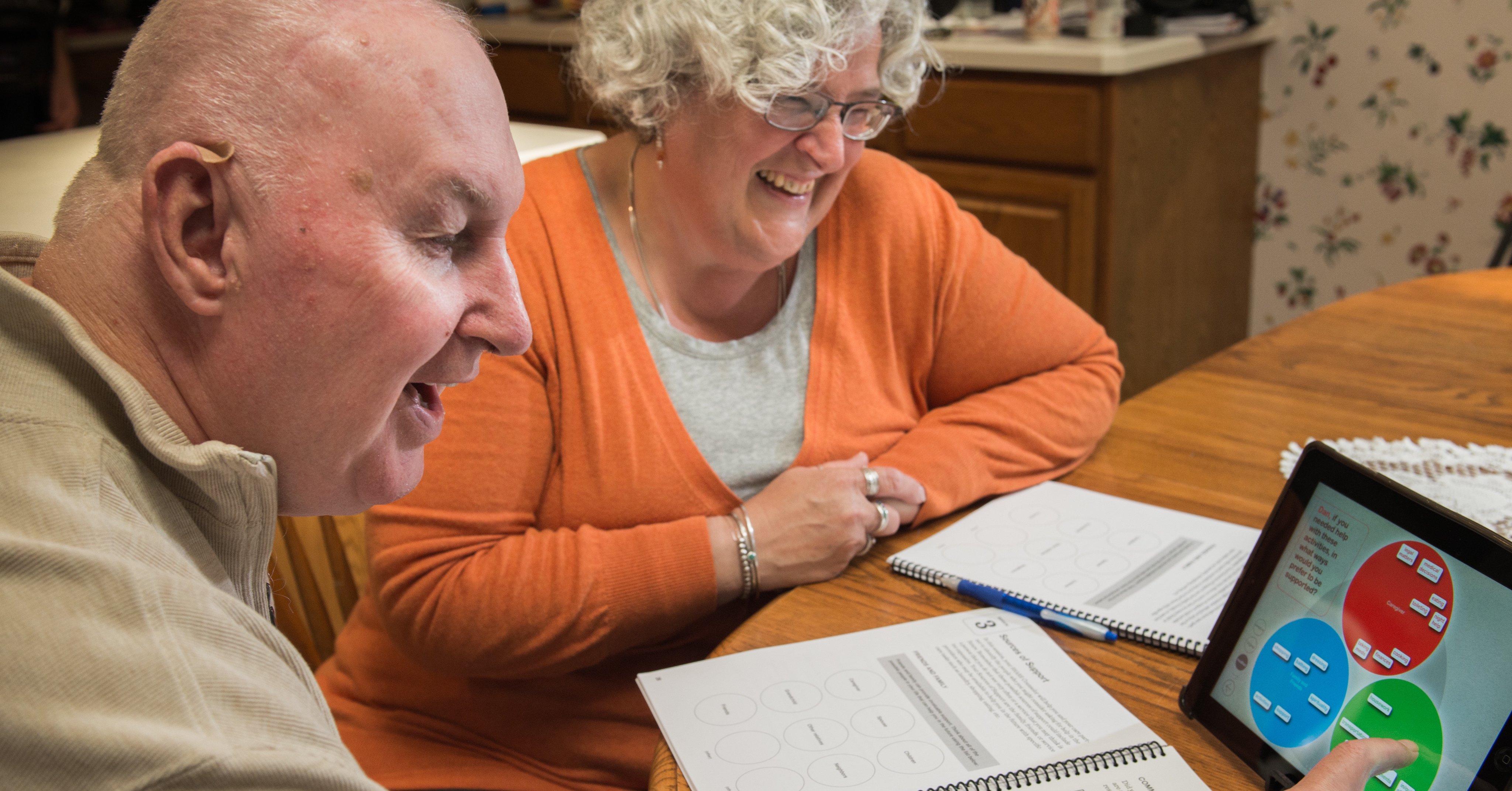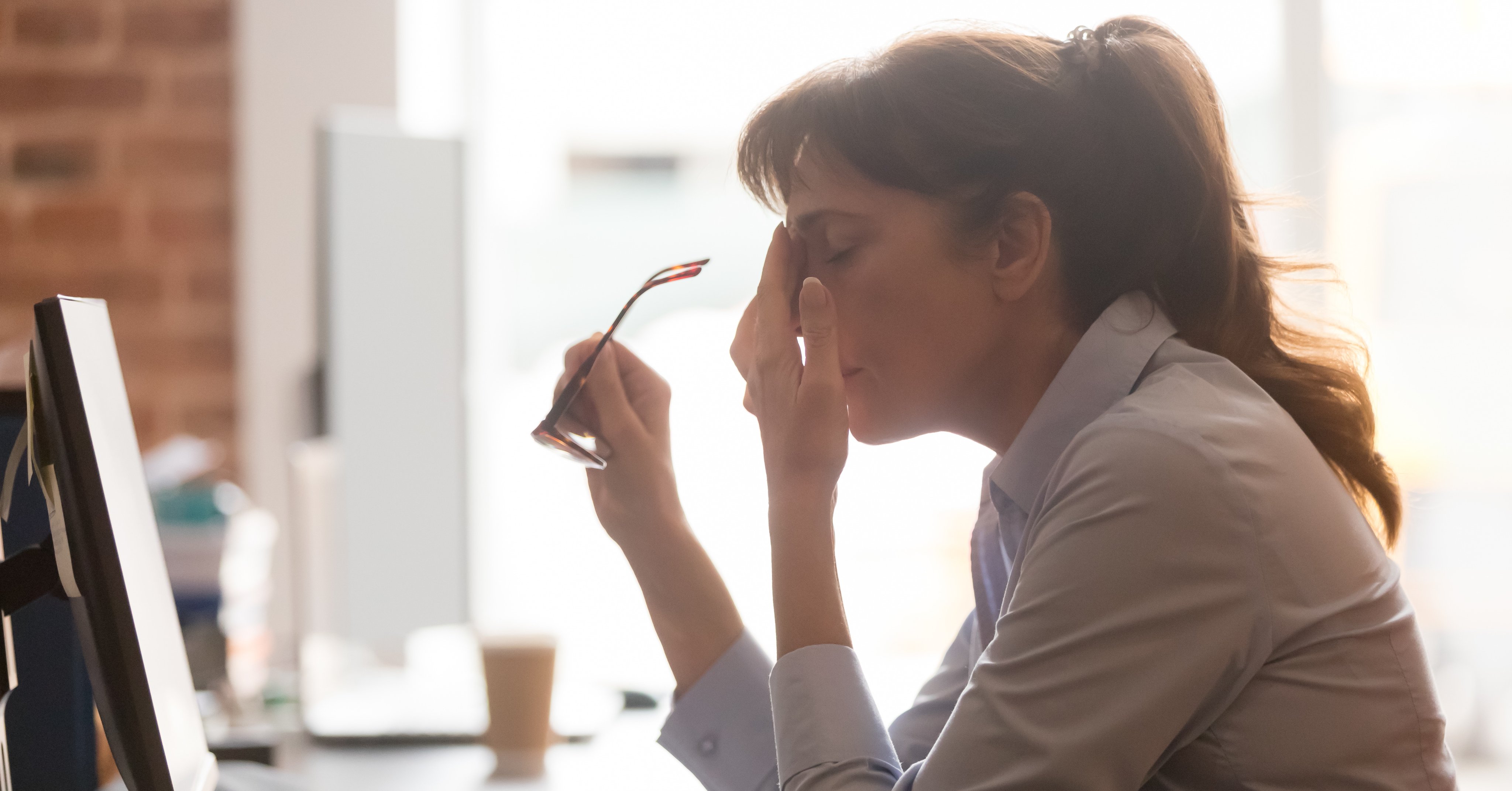Resources
Mobile Resource Library Tabs
Filters
Search
Categories Navigation
Asset Publisher
Content with Type Article .
Resources

5 Tips to Prepare for a Conversation with Your Doctor About Dementia
Suspecting that you are suffering from memory loss can feel terrifying. When there’s a chance the answer to your symptoms may be “dementia,” it may seem tempting to avoid even asking the question. However, a missed or delayed opportunity to diagnosis dementia can have long-term consequences. Though confronting the possibility of dementia can be hard, an early diagnosis can make preparing for the future easier both on you and your loved one.
Read MoreBy Julie Hayes | 06/15/2021

Five Social and Emotional Benefits of an Early Dementia Diagnosis
Early detection and diagnosis of Alzheimer’s and dementia is a sticky subject. According to a recent study, nearly 90 percent of Americans said that if they were exhibiting confusion and memory loss, they would want to know if they had Alzheimer’s disease. Yet, over half of the people aged 45 and older with subjective cognitive decline indicated they had not talked with a healthcare provider about their questions and concerns.
Read MoreBy Michelle Palmer | 06/15/2021

Has Work Become Your Respite? The Reality of Working Caregivers
In 2019, approximately 73 percent of employees are responsible for some type of caregiving, and one in six workers are caregivers for an older adult. This role is fulfilled not just by middle-aged Americans: 6.2 million millennials make up 24 percent of unpaid caregivers, and one study shows that 14 percent of them have left the paid workforce completely, unable to balance work and caregiving responsibilities.
Read MoreBy Lisa Weitzman | 06/15/2021

Aging Challenges for Older Adults in the LGBT+ Community
Individuals in the LGBT+ community have a long history of facing discrimination in the United States, and the effects of prejudice, hostility and mental, emotional and physical harm are felt by all generations of the community, from youths to older adults. Many LGBT+ older adults age into systems that may not fully accept and support them, and may directly or indirectly stand in the way of them getting the physical and mental health assistance they need.
Read MoreBy Tam Cooper | 05/17/2021

Discussing Uncomfortable Aging Topics with a Doctor
Talking about health isn’t always an easy thing. Society tends to put emphasis on what is and isn’t “polite conversation,” and almost every etiquette guide advises against discussing bodily functions, uncomfortable symptoms or anything that would make a listener squeamish. It’s rude. It’s embarrassing. It’s better kept to yourself. Unfortunately, these stigmas can creep into situations where topics that would otherwise be kept quiet need to be discussed, especially at the doctor’s office.
Read MoreBy Julie Hayes | 05/17/2021
